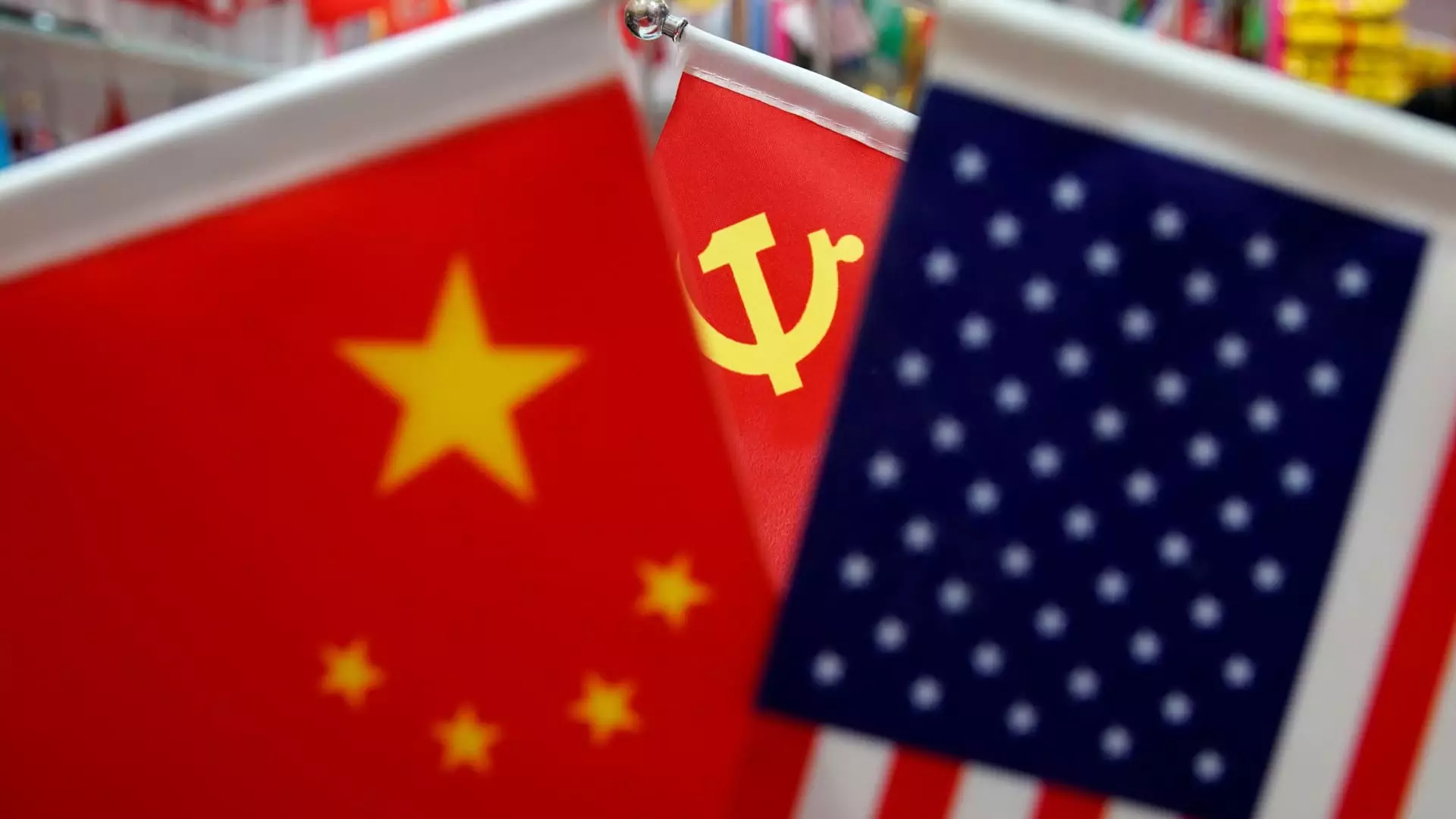With the recent announcement of President-elect Donald Trump’s impending leadership, China has articulated a strong desire for productive collaboration with the United States. This response appears particularly vital in the context of heightened tensions during Trump’s previous administration. The Chinese perspective emphasizes the importance of dialogue, mutual respect, and strategic partnerships as critical components in fostering a more stable economic relationship, which would benefit both nations as well as the global economy.
In light of potential U.S. tariffs and an increasingly protectionist attitude toward imports, China’s Ministry of Commerce has reiterated its commitment to constructive engagement. Spokesperson He Yongqian conveyed that Beijing seeks to enhance communication concerning trade differences, particularly amid fears of elevated tariffs on high-tech industries. This cautious optimism sheds light on China’s approach to navigating the complexities of international trade, asserting that an emphasis on win-win outcomes could lower tensions and promote growth.
The prospect of President Trump pushing for additional tariffs poses a challenge that China must strategically address. Economists have noted the likelihood of these tariffs being implemented in the near future, raising questions about the subsequent impacts on both U.S. and Chinese economies. In the realm of global trade, every decision made at the leadership level reverberates across countries, affecting not just export and import dynamics but also investor sentiment.
Analysts are divided on the immediate potential for tariffs. Yue Su of the Economist Intelligence Unit suggests that these tariffs might become a reality quickly due to existing legislative provisions that permit swift action. Conversely, some financial experts, like David Chao of Invesco, express skepticism regarding the severity of these tariff proposals. Chao believes that the proposed 60% tariff on Chinese goods may never materialize as part of a broader negotiation strategy pursued by the U.S. administration.
This divergence in expert opinions reflects a broader uncertainty regarding trade measures and economic policies moving forward. The potential for a 10% tariff, as discussed by Chao, concerns many, hinting that even moderate increases could disrupt the equilibrium of the global market.
The relationship between the U.S. and China stands as a pivotal factor in global economic stability. If the nations can collaborate effectively and manage trade disparities constructively, the anticipated volatile responses may yield more manageable scenarios. The proactive statements from China illustrate an eagerness to adapt and find common ground, yet it remains critical that the U.S. approach is conducive to dialogue rather than confrontation.
As both countries stand at a crossroads, it is essential for their leaders to prioritize economic collaboration over detrimental tariffs that could harm economic growth both locally and globally. Ultimately, successful navigation of these relationships will deeply influence the trajectory of international trade, the health of the global economy, and bilateral ties in the long run.


Leave a Reply